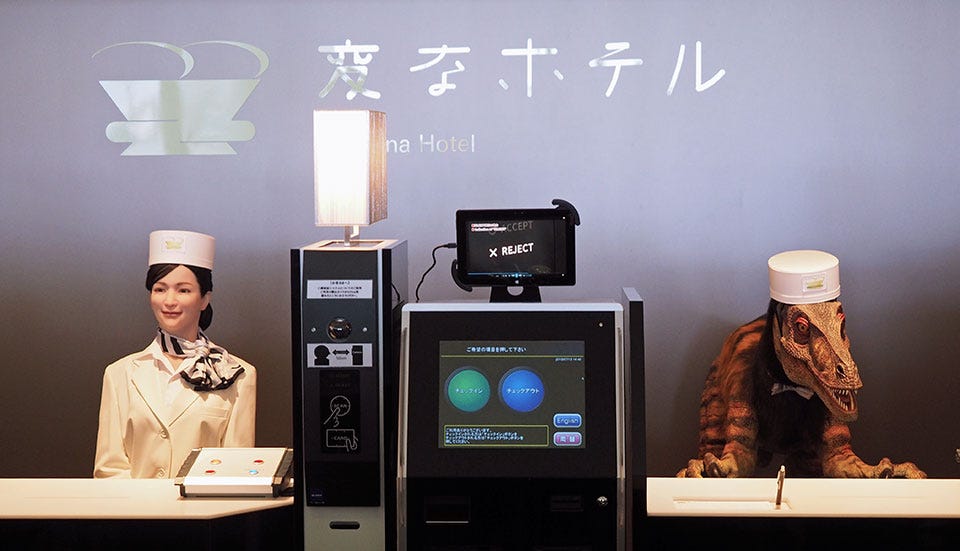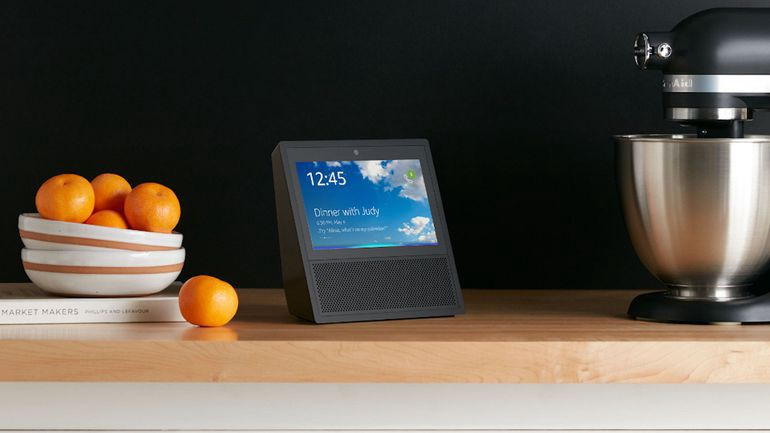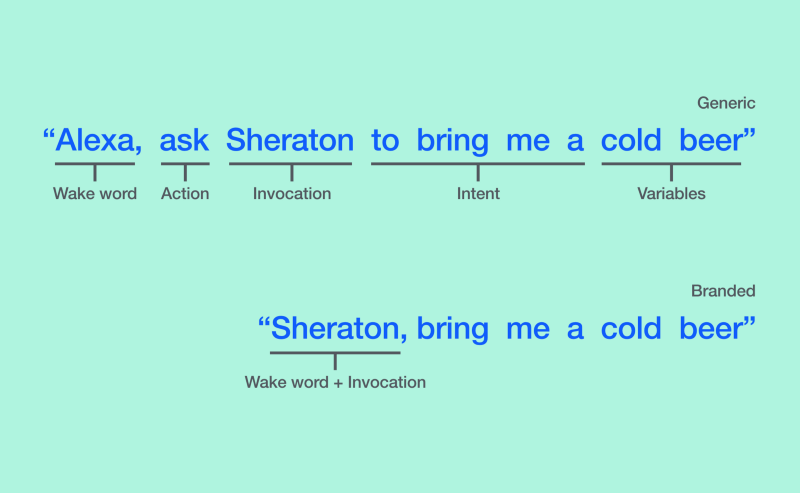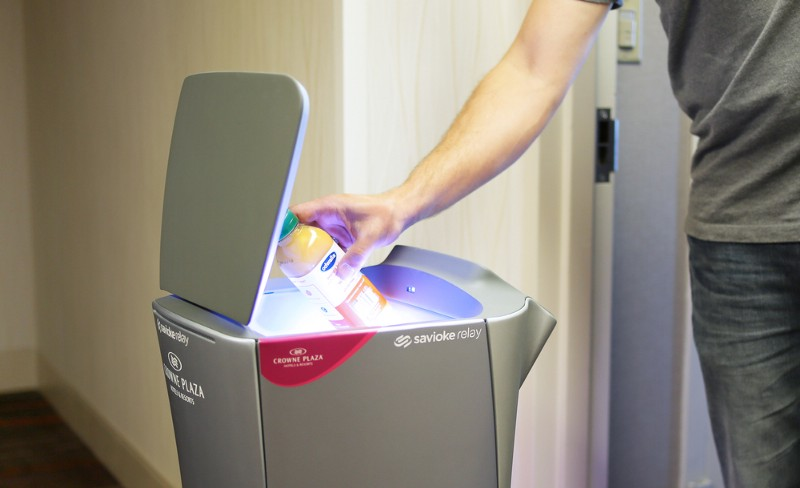- Services
Technology Capabilities
Technology Capabilities- Product Strategy & Experience DesignDefine software-driven value chains, create purposeful interactions, and develop new segments and offerings
- Digital Business TransformationAdvance your digital transformation journey.
- Intelligence EngineeringLeverage data and AI to transform products, operations, and outcomes.
- Software Product EngineeringCreate high-value products faster with AI-powered and human-driven engineering.
- Technology ModernizationTackle technology modernization with approaches that reduce risk and maximize impact.
- Embedded Engineering & IT/OT TransformationDevelop embedded software and hardware. Build IoT and IT/OT solutions.
- Industries
- GlobalLogic VelocityAI
- Insights
BlogsMarch 15, 2023GlobalLogicIf You Build Products, You Should Be Using Digital Twins
Digital twin technology is one of the fastest growing concepts of Industry 4.0. In the ...
 BlogsJanuary 25, 2023GlobalLogic
BlogsJanuary 25, 2023GlobalLogicDeploying a Landing Zone with AWS Control Tower – Part 3
In this post, we’re going to walkthrough some of the remaining post configuration tasks...
- About
Published on June 2, 2017“Alexa, can AI help improve the in-hotel experience?”
View all articlesJames SteinerLead Interaction Designer, Interaction DesignShareLet's start engineering impact together
GlobalLogic provides unique experience and expertise at the intersection of data, design, and engineering.
Get in touchAI GovernanceMLOpsThis blog was originally posted by GlobalLogic’s experience design arm, Method.
Illustration by Joshua Leigh “Sorry, I’m not sure about that.” answered Alexa defeatedly. There’s no doubt that AI is a hot topic right now. Whether it’s financial services or healthcare, most industries are looking to capitalize on the technology for their benefit.
Looking at the hotel industry specifically, is it another example of technology looking for a problem to solve? To answer the question, we need to consider where AI is currently in use, the heady design considerations around the technology, and articulating what it could mean moving forward.
In the first place, AI is not new to the travel and hospitality industry. At the front end of the guest journey, companies such as Expedia and Kayak have been investing in the technology. Meanwhile at the back end, it’s already in use by review sites like TripAdvisor. Our focus, however, is on the in-hotel moment of the guest journey as this is the area that has the biggest impact on their overall experience as well as where brand experience and design are most closely entwined.
A number of technologies and solutions fall into one of three categories: portable, embedded, and autonomous.
Portable taps into what most guests carry with them all the time: their phone. Recently, Edwardian Hotels launched Edward, a virtual host running on SMS that helps guests without smartphones to use the service. Similarly, Starwood have created a hybrid web chat and chatbot experience that runs on WhatsApp, BBM, and iMessage.
In the embedded category, we’re starting to see services integrated with existing ecosystems such as Siri and Alexa. The Wynn Hotel in Las Vegas is installing Amazon Echo in all of its 3,500-plus rooms. Competition is heating up for tech companies too. At its Aloft Boston Seaport site, Marriott is pitting Apple and Amazon capabilities against each other in a pilot study.
In terms of autonomous technologies, one example that’s attracted considerable publicity is the somewhat gimmicky Henn-na Hotel in Japan (Figure 1), where floor staff have been replaced entirely by robots. How effective the robotic update is remains to be seen. At the same time, Hilton is collaborating with IBM to test Connie, a robot concierge powered by Watson. Outside the hotel sector but along the same lines, two hospitals in Belgium are trialling Pepper robots to respond to basic requests and guide visitors to their destination. Pepper is 140 cm tall, can converse in 20 languages, and detect if talking to a man, woman, or child.

Fig. 1 Henn-na Hotel, Japan Despite the varied activity in this space, AI is still in an exploratory phase and largely an untested customer value proposition. As people start to feel more at ease with the technology, designers need to pay greater attention to how AI fits into the wider guest experience. There are key design considerations we expect to surface as hotel brands start to explore opportunities associated with this emerging technology.
Context of Use
Decisions about how, where, and in what way to apply the technology will depend on each hotel’s ambition and operations. Some hotels may opt to just provide the technology in guest rooms, while others may seek to offer it threaded throughout various touchpoints, such as reception, bar, business rooms, elevators, gym, etc. In room, there are a variety of possibilities, ranging from tablets and TVs to smart speakers and custom builds, running on platforms such as Amazon’s Alexa Voice Service (AVS). Elsewhere, it may be preferable to make more use of guests’ mobile devices, in combination with beacons and sensor networks.
Interaction Paradigm
Taking into account the interaction paradigm is paramount — should it be screen based, manifest as voice or gesture, or a hybrid approach? Smartphones and tablets are now commonplace, so delivering services via a chat function on an interface is familiar and natural. This route also opens up scope “UI on demand,” which will make it easier to handle variables and options. Provision of services through voice is more challenging as people have less established mental models of how to interact with the technology in this way, especially when out of home. In its current state, AI struggles to deal with complex requests and variables. It’s likely in the interim that voice solutions with blended interfaces will be the predominant model, where the conversation is augmented via a screen such as a tablet, TV, or the recently launched Amazon Echo Show (See Figure 2).

Fig. 2 Amazon Echo Show From a brand perspective, the wake word will be another significant consideration. Hotels may choose to use generic wake words such as Alexa and Siri, or create their own branded versions (Figure 3), built on platforms like IBM Watson, Amazon AVS, and Microsoft Cognitive Services.

Fig. 3 Generic vs branded ‘wake word User Authentication
With digital services, authentication is an important dimension, especially when payment is involved. This issue is somewhat covered via the “portable” route previously mentioned, as smartphones often have authentication technology embedded and are owned and already authenticated by the owner, so they can easily be tied to an appropriate account. But for the “embedded” or “autonomous” routes, authentication is essential, especially when minors, other family members, and visitors are involved.
Data Ownership
Clearly there will be questions about who has access to any data generated by guests during their stay, and how it’s used. Let’s not forget, hotels are places where guests appreciate their privacy — what happens in the hotel stays in the hotel.
So hotels will need to think how providing guests with a facility to manage their data fits in with the wider brand experience. For large hotel chains, it’s imperative to take into account the impact of regional data privacy laws vis-a-vis global guest experience ambitions. On the flip side, guest data has the potential to provide hotels with a competitive advantage by enabling them to deliver a more uniquely tailored experience.
Back of House Integration
Last but by no means least, there are questions around quality and performance. There are the obvious challenges around the interface itself and how it copes with complexity and nuances in guest requests, but also important aspects such as speed, accuracy, and choice. Many of these aspects will be reliant on a human back of house, whether it’s picking up a guest conversation with a chatbot or loading a delivery robot ( Magic is a great example outside the hospitality sector). All this is likely to require additional training, new job descriptions, revised procedures and changes in shifts, to name just few.
So What Does This All Mean for Hotels?
With technology more seamlessly integrating into most aspects of our lives, it’s just a matter of time before we see more wider adoption of AI in the hospitality business. While we have alluded to some of the exemplar use cases, the question still remains what the end value is to both the customer and business. With this in mind, there are two main ways we think AI could help to improve the hotel experience.
An Enhanced Guest Experience
As a temporary (or less temporary for some) substitute for our homes, hotels are personal and intimate places that need to accommodate a number of guest mind states. Regardless of being at the lower or upper end of the price scale, they are tactile, human, and service orientated environments where we eat, drink, work, sleep, and socialize. The hotel industry is facing a number of disruptions right now, Airbnb being just one.
Online travel agents (OTAs) and review sites are tightening their grip on both the nose and tail end of the guest journey and commoditizing the in-hotel guest experience in the process. It’s up to hotels to seize this opportunity and delight guests during the part of the journey they own — the actual stay. AI has the potential to empower hotels to deliver services at both ends of the price spectrum. At the lower end, it can contribute towards more customized self-service experiences, while at the upper end it can support staff to deliver deeper and more personalized guest experiences.
A More Efficient and Effective Back of the House
Hotels operate on ever tighter margins. Yield, occupancy rates, and waste all impact operations, escalating with the large hotel groups. If AI can streamline operations in hotels and enhance services, greater value for owners and guests alike is the net result.
AI offers the possibility to address the minutiae of small but often important requests that are tedious for both guest and staff to deal with. Requests include like finding out when a restaurant closes, calling for an iron, or asking for more soda water. Crowne Plaza has made use of the technology at their San Jose-Silicon Valley site by using the Savioke Relay delivery robot. But it also offers the opportunity to address more complex tasks, such as splitting a meal bill with a colleague, placing a request in a language not spoken by hotel staff or getting pizza delivered.

Savioke Relay delivery robot Where it will all end up remains to be seen, but it seems that there’s undeniable benefits in our midst. The bigger question seems to lie around who will own the experience. There’s considerable value in guest data, but who will ultimately benefit from it will be dependent on some of the considerations and approaches we outlined. In the way that Airbnb owns the end-to-end journey of its customers, can hotel chains sustain the onslaught from the OTAs such as Expedia and Kayak, and review organizations like TripAdvisor, and tech companies like Google, Amazon, and Facebook? This is one question I know Alexa won’t be able to answer, but she’ll invariably be a part of it.
